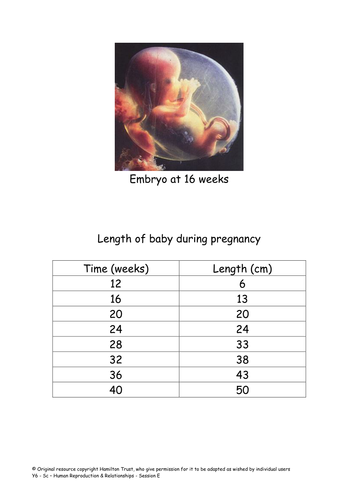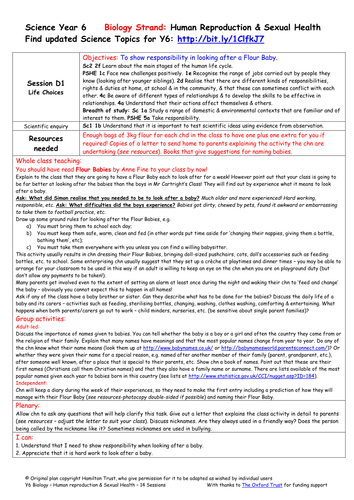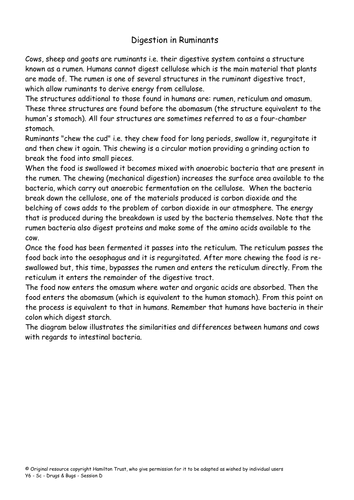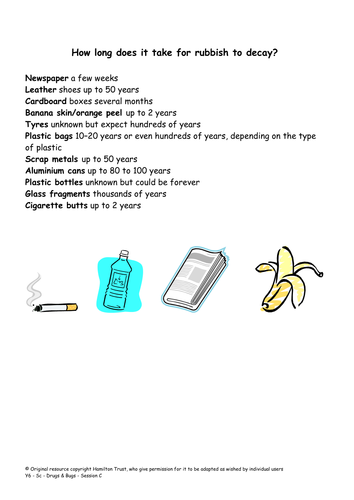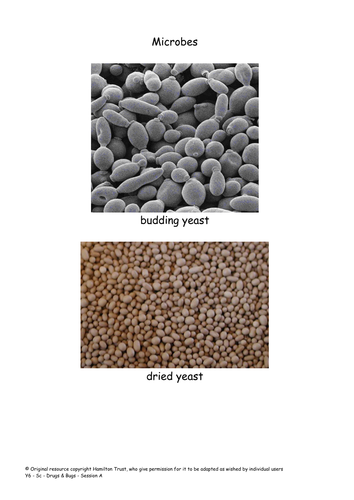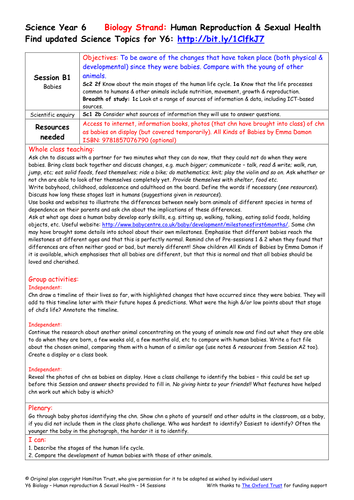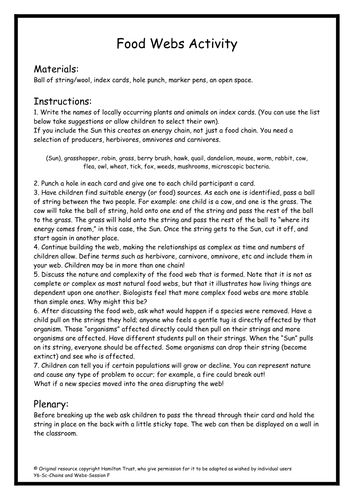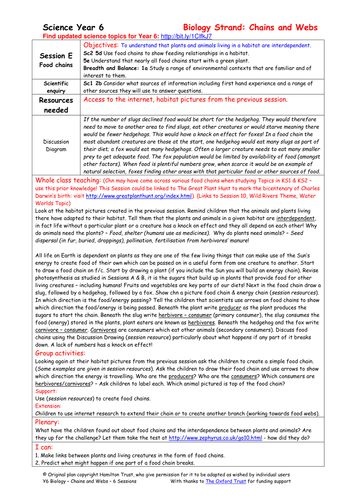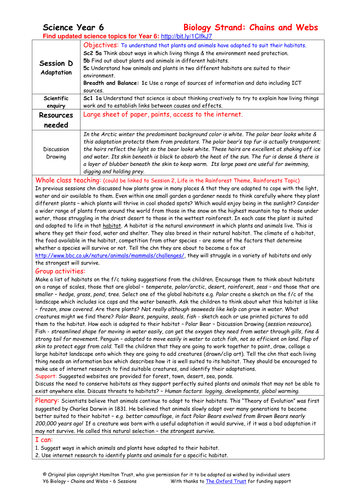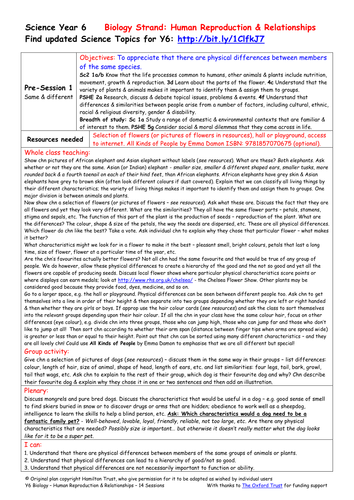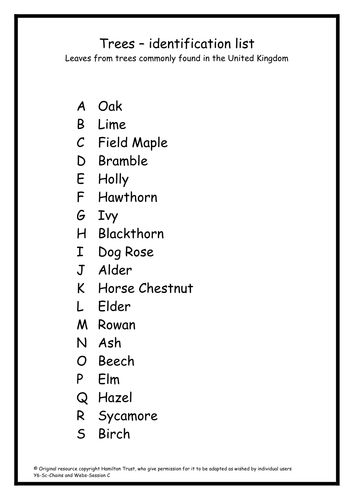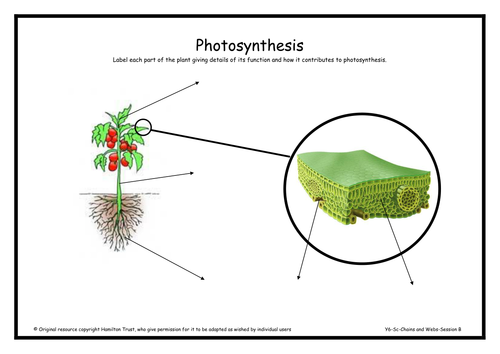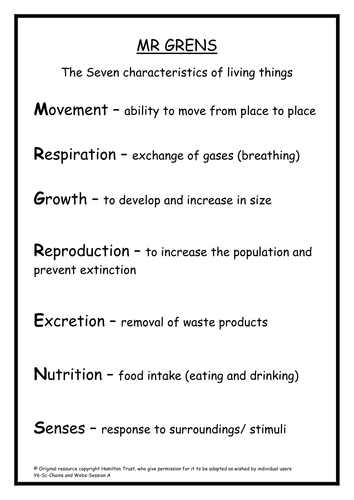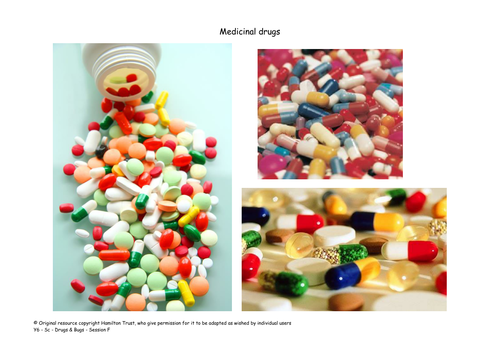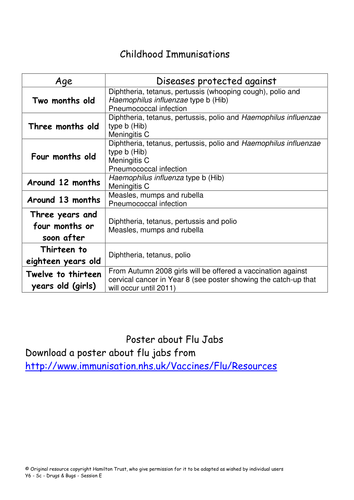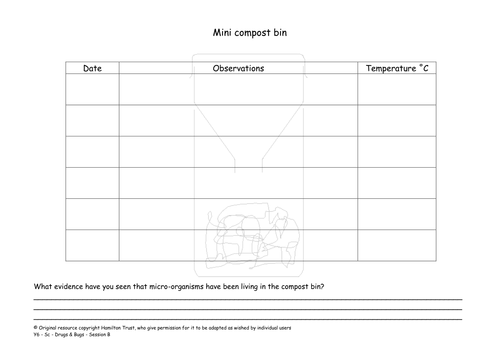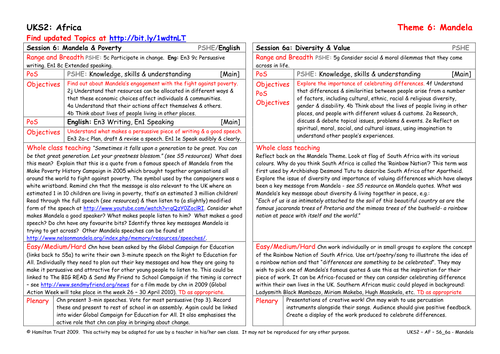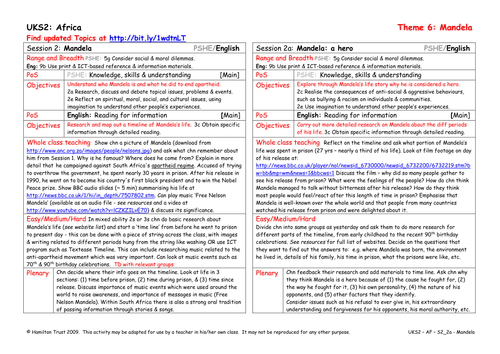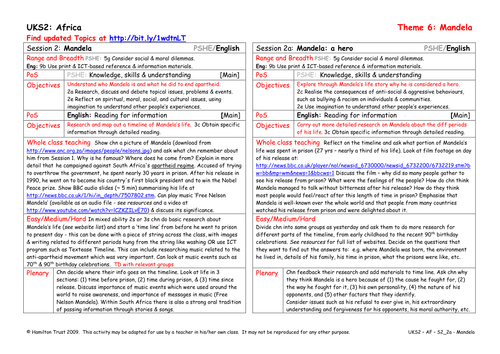
397Uploads
10041k+Views
11644k+Downloads
All resources

Pregnancy
Session 1 - Changes at puberty prepare our bodies to have children of our own. Look in more detail at human fertilisation and pregnancy and learn how important it is for mother-to-be to look after her health. Look at baby growth in utero and explain function of umbilical cord.
Session 2 - Watch a video of a birth and discuss other forms of delivery such as Caesarean or forceps deliveries. Discuss how the parents’ lives will now change and relate this to children’s Flour Babies experience. Research birth rites of passage in different cultures.
Suitable for Y6 pupils.

Life choices
Session 1 - Think about all the different relationships that children have/will have with other people, leading to a discussion about marriage. Research marriage customs in different cultures. Children return to timelines and predict hopes and expectations for their future lives.
Session 2 - Think about all the different relationships that children have / will have with other people, leading to a discussion about marriage. Research marriage customs in different cultures. Children return to timelines and predict hopes and expectations for their future lives.
Suitable for Y6 pupils.

Useful micro-organisms
Discuss bacteria living in and on humans and compare our digestive system with that of ruminants. Find out how bacteria help us to recycle waste and make river water safe for us to drink. Visit the Microbe Zoo! Ask 'What does our skin do?' 'Is there life on Mars?'
Suitable for Y6 pupils.

Food and micro-organisms
Look at micro-organisms that are beneficial to food production and the problems of food decay caused by micro-organisms. Study yeast growth and begin some decay investigations on damp bread and apples. Use yeast to make bread rolls and discuss food hygiene.
Suitable for Y6 pupils.

Micro-organisms
Introduce children to bacteria, viruses and fungi as micro-organisms. They are living organisms and are very small. Investigate how the numbers of bacteria grow by simple division and gain an understanding of their size compared to a metre.
Suitable for Y6 pupils.

Babies
Session 1 - Children consider the development that they have undergone since they were babies. Draw a timeline of their lives so far. Continue research into the life stages of another animal concentrating on how quickly the babies develop. Have a baby photo challenge!
Session 2 - Look at the proportions of a human adult as shown by Leonardo’s Vitruvian Man. Investigate the shape changes between a baby and an adult human, concentrating on the head to body length ratio. Measure and draw graphs. Sketch children and adults in proportion.
Suitable for Y6 pupils.

Food webs
A wonderful food web is weaved in this session as children create more complex feeding relationships. Through practical activity they discover the impact that subtle changes can have on the whole web!
Suitable for Y6 pupils.

Food chains
All plants and animals living in a habitat are interdependent. In this session the children investigate a number of feeding relationships and create food chains to show the transfer of energy from the producers through the consumers.
Suitable for Y6 pupils.

Adaptation
Did you know that Polar Bears don’t actually have white fur? But what they do have are many other adaptations that make them well suited to the Polar habitat. Children identify how other creatures have adapted to their habitat. Suitable for Y6 pupils.

Same and different
The first two sessions are an introduction to the Strand.
Session 1 - Help children appreciate that there are many physical differences between plants and animals (including humans) that are not necessarily good or bad nor important to function or ability.
Session 2 - Look in more detail at differences between people living in Britain. Discuss our multi-cultural society. Share poems in We are Britain by Benjamin Zephaniah to inspire children to write poems about themselves. Can children recognise their own Wanted poster?
Suitable for Y6 pupils.

Leaf key
Leaves are a useful way of identifying plants, but they come in so many shapes and sizes! Children take a closer look at the structure of some collected leaves before creating a dichotomous key to help identify them. Suitable for Y6 pupils.

Photosynthesis
Children check in on the patients from Session A and find out how they create their own food in the form of sugars using water, light and carbon dioxide. They consider the role of each plant part in photosynthesis.
Suitable for Y6 pupils.

Plant doctors
The Plant Drs are on call in this session & two very ill patients have arrived! What do they need to recover? Children revise the ideal conditions for plant growth é use them to watch the plants recover using time lapse photography. Suitable for Y6 pupils.

Other drugs
Discuss the use of the word drug for medicinal purposes as well as addictive substances. Children draw posters warning about the dangers of drugs in the home and draw conclusions about the various ongoing investigations about micro-organisms.
Suitable for Y6 pupils.

Diseases and antibiotics
Look at diseases caused by micro-organisms. Invite a health professional into class for children to question. Discuss prevention and cure of illnesses caused by microbes including vaccination and antibiotics. Find out about the work of some famous scientists.
Suitable for Y6 pupils.

Green micro-organisms
Micro-organisms can be beneficial and in this session children explore their role in compost production.
Find out why it’s important to compost and what can be composted. Make mini compost heaps, look at food chains and create a compost heap story for younger children.

Diversity and Value
Through artwork/ poetry/song the significance of the ‘Rainbow nation’, and of valuing diversity, is celebrated.
Suitable for years 5 and 6.

Mandela: A Hero
Look in more detail at Mandela’s life and in particular share with children a film of his release from prison. Reflect on reasons why Mandela is considered a hero by so many people all over the world. Add further details to the timeline.
Suitable for years 5 and 6.

Mandela
Link apartheid to Mandela. Who he is, where he comes from, why he is so famous, right up to the present day. Use internet and books to find information about Mandela’s life and start to develop a time line as a useful tool to refer to throughout the theme.
Suitable for years 5 and 6.

Journey To Jo'burg
Explore in more detail the history of apartheid in South Africa, with links to Mandela. Look at the signs that were displayed.
Pick out examples of effects of apartheid on non-whites in Journey to Jo’burg, and act out short scenes that show these effects.
Suitable for years 5 and 6.

